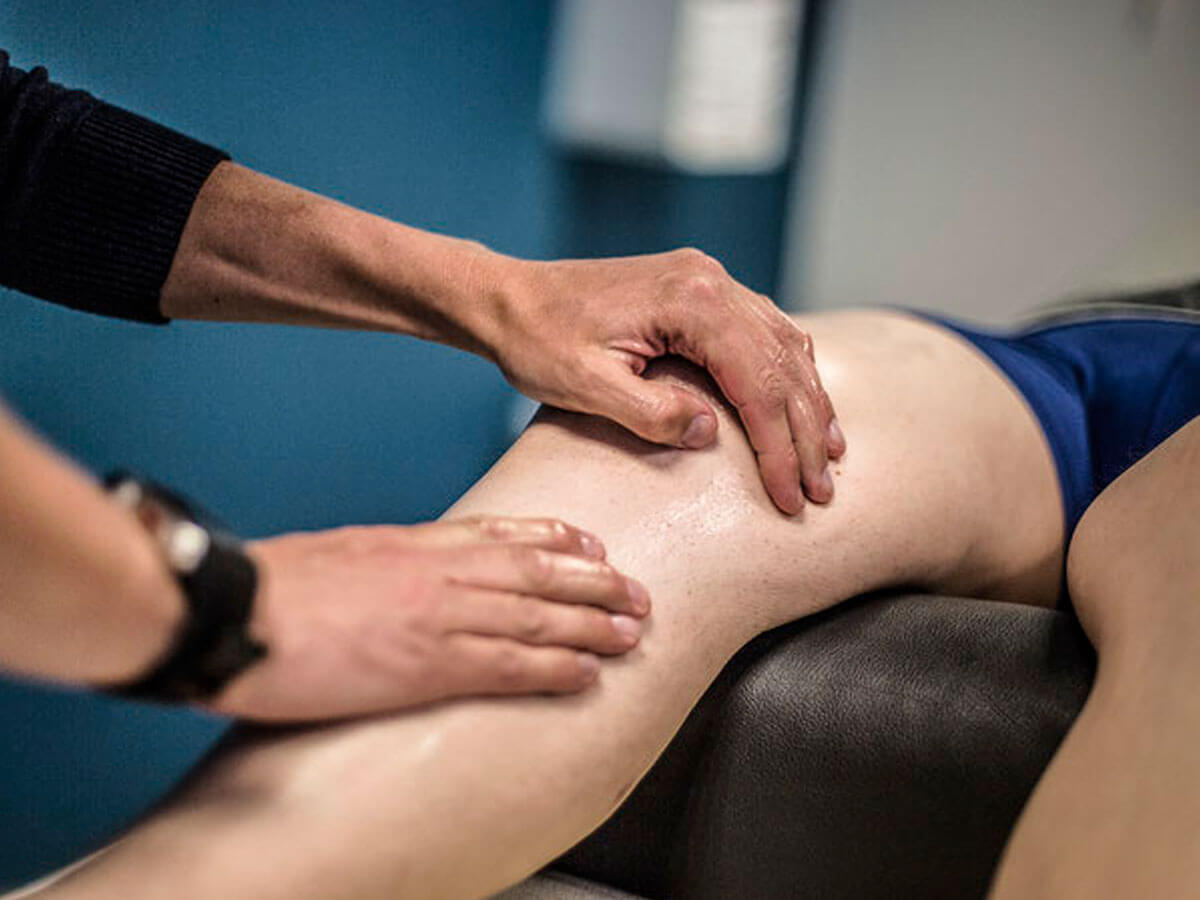Yes! Our physiotherapists are highly trained clinicians who have the knowledge & skills to help with your knee injury. Also, it’s likely you don’t need an MRI or any other type of scan because our physiotherapists have extensive experience in knee assessment so that we can determine where your knee pain is coming from. Obtaining a clear clinical diagnosis directs our treatment and allows us to inform you on what you can be doing to hasten your recovery. Our physiotherapists at Wellers Hill have more then 70 years combined experience treating meniscal injuries.
What is the meniscus?
Your meniscus is actually two crescent shaped pieces of fibrocartilage that absorb shock at the knee joint. Only the outer 10 to 25% of the meniscus has a blood supply, which has implications for healing. For that reason, when the meniscus is damage in the central portion it usually doesn’t undergo a normal healing process.
How do meniscal injuries occur?
Meniscal injuries are either due to an acute injury; most commonly occurring with a twisting motion, or a chronic tear; which occur typically after the age of 40 as a degenerative process of repetitive micro knee trauma. It’s worth keeping in mind that with some acute meniscal tears, there may be damage to other knee ligaments as well.
How is physiotherapy going to help my recovery?
Physiotherapy is beneficial for the majority of acute tears and most if not all degenerative tears. There are several goals of physiotherapy treatment which will help your recovery, they are:
- Control the pain & inflammation – Advice for appropriate compression, ice application, elevation and modification of aggravating activities (including prescription of crutches when appropriate). Massage to move swelling out of the knee. Exercise prescription to continue to mobilise & remove excess swelling.
- Prevent muscle loss & improve knee control – Facilitation on how to control your quadriceps (among other appropriate muscles) that are important for keeping your knee in an optimal position for joint loading with everyday tasks e.g. walking, standing up from a low seat & stairs.
- Prevent/ restore flexibility & joint motion – Hands on techniques to lengthen shortened structures & mobilise stiffened joints.
What can I do to help my recovery?
Our physiotherapists at Woolloongabba and Wellers Hill can provide hands-on treatment aims to improve your pain & mobility. We get the ball rolling for you, but to maximise your recovery it is important to complete some regular exercises to further your progress. Our physiotherapy will guide you on which exercises are important for your recovery based off your assessment.
Will all meniscal injuries get better with physiotherapy?
Not all acute meniscal injuries will improve with physiotherapy and some may require surgery. There are certain types of tear, due to their shape, their location within the meniscus or the involvement of other ligaments that won’t heal naturally. These tears usually have features like instability or ‘locking’ of the knee and don’t respond to our initial treatment. We want to see all our knee pain patients, noting substantial improvements within 2 to 3 treatments and most episodes of knee pain resolving within 4 to 6 weeks. If you knee isn’t progressing as it should, our Physiotherapists can refer for diagnostic imaging or to other specialists to better guide your treatment.






